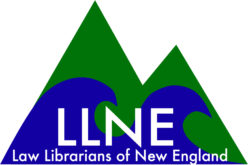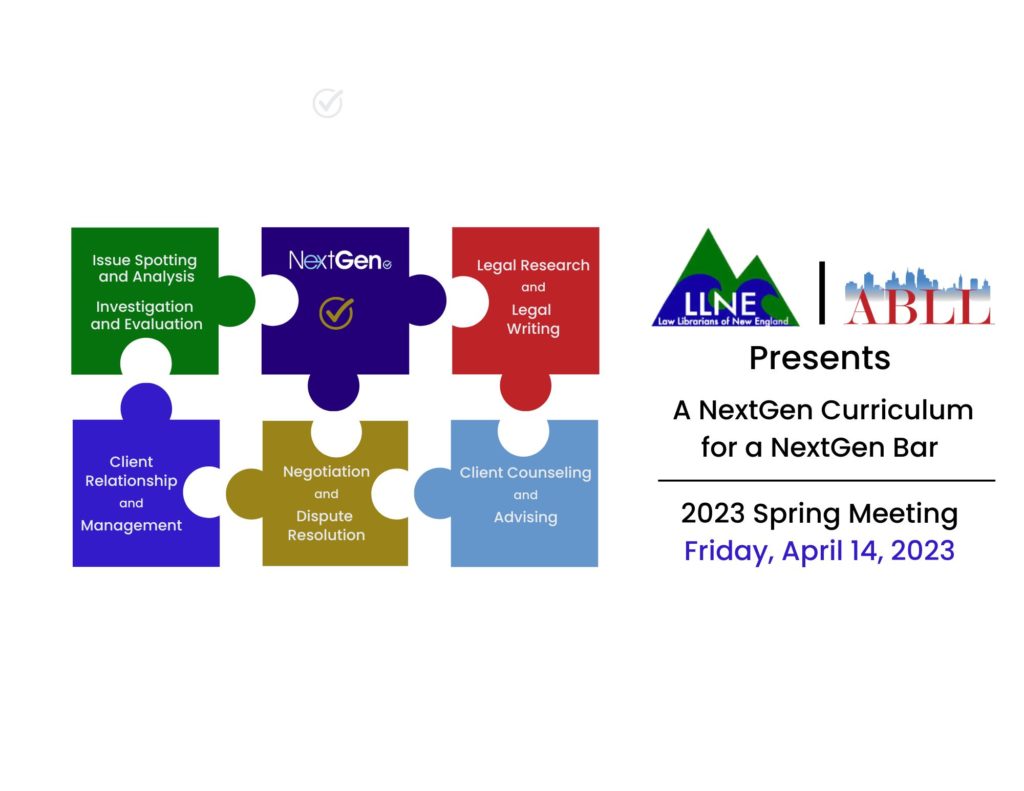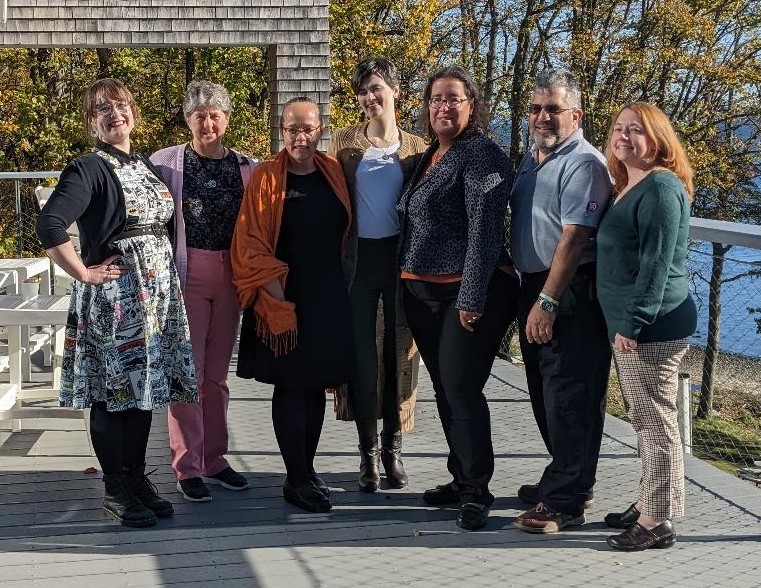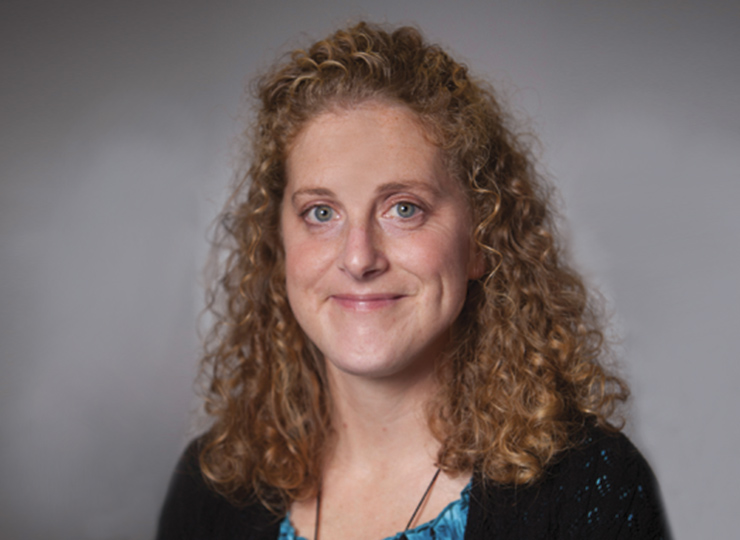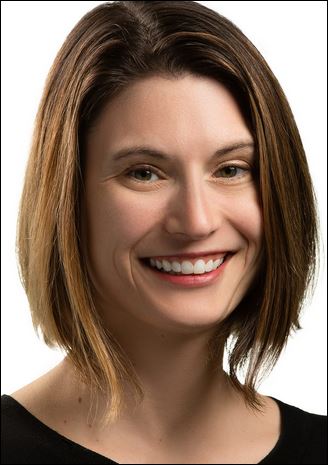by Rebecca Valentine, Associate Librarian, UMass Law
The fall meeting topic The Fog of War: International and Foreign Legal Research was certainly timely; I think more than anyone realized it would be at the time it was organized. The keynote and subsequent four sessions approached the topic differently, but still shared the common theme of the ways emerging technologies are impacting aspects of international law and information.
However, I must admit that my biggest take away was not just that we need to consider the impact of technology on information, disinformation, and the dissemination of both. But something more personal. About six months ago I transitioned from being a reference archivist to being a public services librarian at the UMass Law Library. While I loved the collections and the work I was doing at the archives, it was time to move on to learn new skills and better utilize the research skills I had already built up.
Entering the field of law librarianship has been both a challenge and a pleasure. The work can be overwhelming, especially when it comes to learning the vocabulary needed to help students and faculty. Sometimes I need to do an hour of research before I can even begin working on the reference question I received. Those situations can be a blow to my confidence in my reference and research abilities.
But one thing I have found comforting, is that the work of public services remains the same; and when I have had the chance to talk to other librarians about these public services, my legal vocabulary doesn’t matter.
One of the chances I recently received to have these discussions was the LLNE 2023 Fall Conference. What I found there was that law librarianship, more than almost any other field I’ve worked in, has been one of the most welcoming and supportive to newer librarians. While I had the privilege of being there with a colleague who facilitated introductions, I don’t think that would have changed the graciousness of the other librarians. Upon being introduced to many different people from all over New England, each librarian was willing to talk to me about the work I’m doing at UMass Law, and the work I would like to do in the future.
The experience made me realize that while I may not know all the buzzwords, keywords, or headnotes, all of that will come with time. But the skills I do have, mean that my work is still good and valuable. From participating in the Service Committee and helping to decide on and promote the fall service project, to attending the conference, being a part of LLNE has made me feel assured in my new career.
